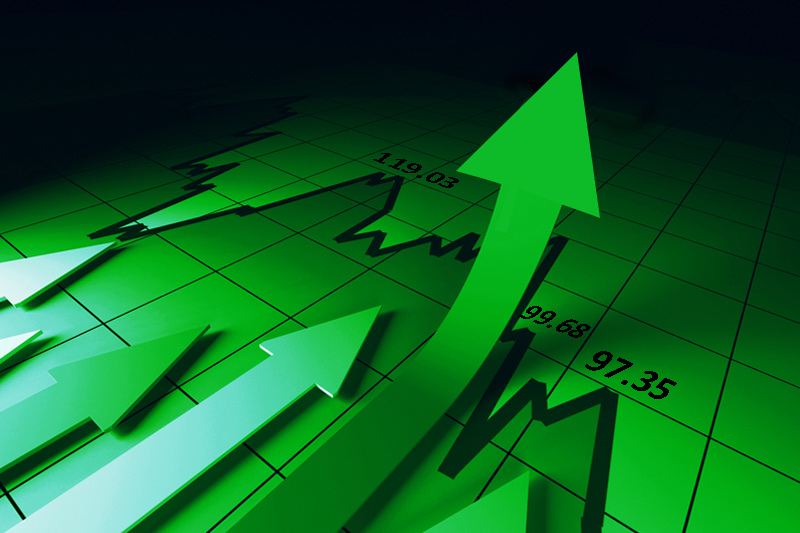Investing.com - The Australian dollar rallied to a seven-week high against its U.S. counterpart on Thursday, as the unveiling of fresh measures to tackle Greece's sovereign debt boosted demand for riskier assets.
AUD/USD hit 1.0554 during late Asian trade, the pair's highest since September 9; the pair subsequently consolidated at 1.0590, jumping 1.85%.
The pair was likely to find support at 1.0312, the low of October 21 and resistance at 1.0660, the high of September 8.
Risk sentiment was boosted after European leaders said they had reached an agreement with private banks on a voluntary 50% reduction of Greece's debt. The writedown will reduce Greece’s debt burden from 160% of GDP to a more sustainable 120% by 2020.
The leaders also agreed to scale up the euro zone's bailout fund, the European Financial Stability Facility, to EUR1 trillion and to recapitalize European banks by EUR106 billion, though they did not say how the money would be provided.
Elsewhere, the Aussie was also up against the New Zealand dollar with AUD/NZD rising 0.62%, to trade at 1.3058.
Earlier, the Reserve Bank of New Zealand decided to leave its interest rate unchanged at 2.50%, saying that recovery needs more stimuli to return back strongly on track before the end of the year.
Later in the day, the U.S. was to publish preliminary data on third quarter GDP, as well as the GDP price index, the broadest measure of inflation. The country was also to publish its weekly data on initial jobless claims.
AUD/USD hit 1.0554 during late Asian trade, the pair's highest since September 9; the pair subsequently consolidated at 1.0590, jumping 1.85%.
The pair was likely to find support at 1.0312, the low of October 21 and resistance at 1.0660, the high of September 8.
Risk sentiment was boosted after European leaders said they had reached an agreement with private banks on a voluntary 50% reduction of Greece's debt. The writedown will reduce Greece’s debt burden from 160% of GDP to a more sustainable 120% by 2020.
The leaders also agreed to scale up the euro zone's bailout fund, the European Financial Stability Facility, to EUR1 trillion and to recapitalize European banks by EUR106 billion, though they did not say how the money would be provided.
Elsewhere, the Aussie was also up against the New Zealand dollar with AUD/NZD rising 0.62%, to trade at 1.3058.
Earlier, the Reserve Bank of New Zealand decided to leave its interest rate unchanged at 2.50%, saying that recovery needs more stimuli to return back strongly on track before the end of the year.
Later in the day, the U.S. was to publish preliminary data on third quarter GDP, as well as the GDP price index, the broadest measure of inflation. The country was also to publish its weekly data on initial jobless claims.
